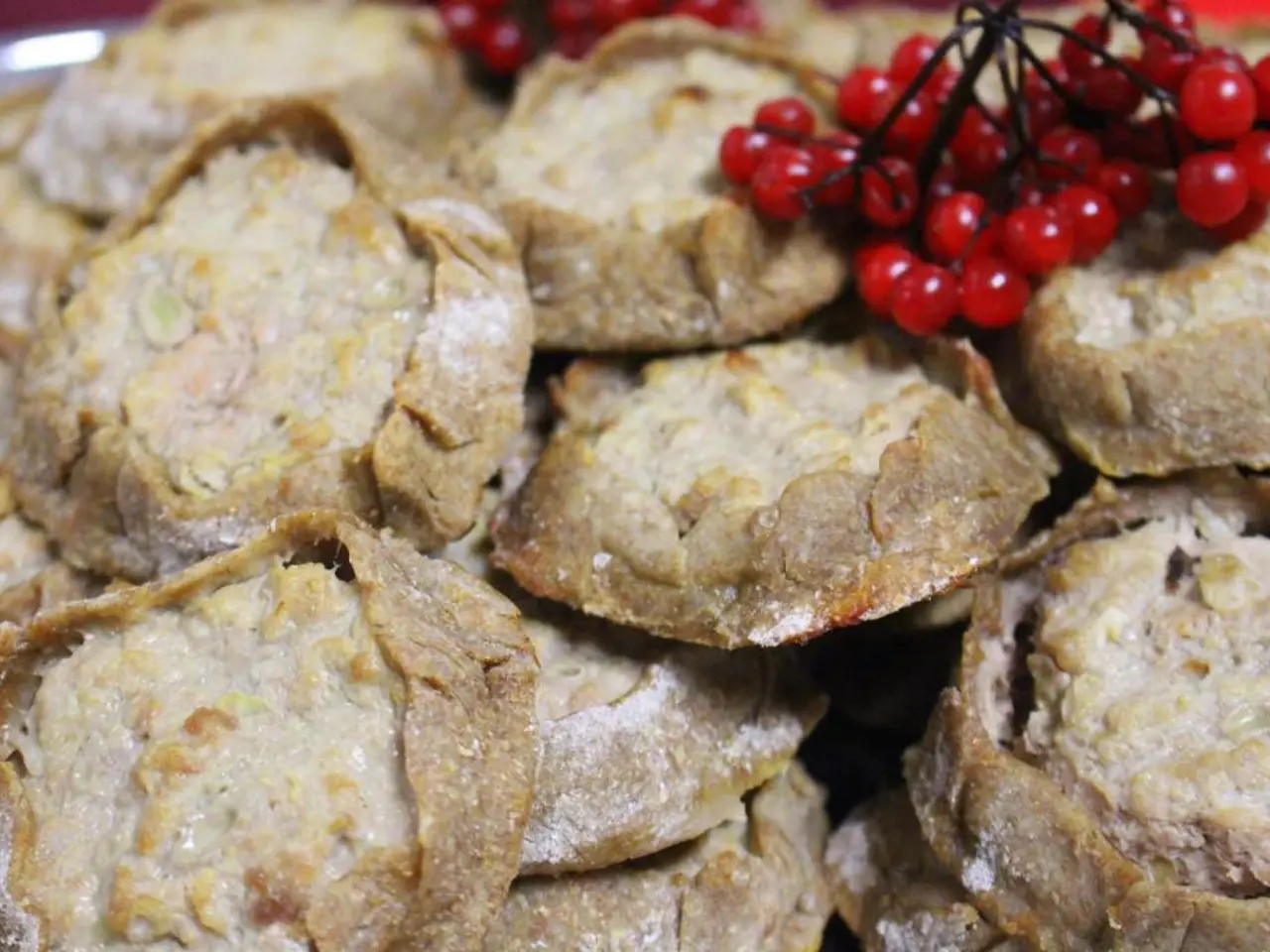Natural Glycerin for Curls: Exploring Its Benefits and Other Organic Alternatives
In the world of hair care, finding the perfect moisturizing solution for curly hair can be a challenge. Two popular ingredients that have gained attention are glycerin and oat extract.
Glycerin: A Powerful Humectant
Glycerin, a hero ingredient in many hair care products, is known for its humectant properties. This means it draws moisture from the air and other moisturizing ingredients into the hair, providing deep hydration to curls. However, it's essential to use glycerin carefully to avoid overhydration, especially in very humid or dry environments.
When used correctly, glycerin helps maintain the hair's moisture level, leaving curls feeling softer, more manageable, and shiny. When paired with ingredients like sorbitol, glycerin can also help seal in moisture and protect the hair cuticle from environmental humidity.
The Downside of Glycerin
Despite its benefits, glycerin can sometimes lead to overmoisturized curls, causing them to feel overly soft, limp, or even frizzy. In low humidity, glycerin may draw moisture from the hair itself, leading to dryness or increased frizz. Finding the right balance and concentration of glycerin is important to avoid negative effects, which means it may not be suitable for all curl types or climates.
Natural Alternatives to Glycerin
For those seeking a more natural approach, several alternatives offer similar moisturizing benefits. Aloe vera, a natural moisturizer with minerals that hydrate, strengthen, and soothe the scalp, is a popular glycerin alternative. Honey, another natural humectant, attracts moisture and helps maintain hydration. Agave nectar, another plant-based humectant, can moisturize curls by drawing in water.
Natural oils, such as coconut oil and olive oil, while not humectants, help seal in moisture and protect curls from dryness. Panthenol (Vitamin B5) naturally derived, helps improve hair hydration and strength, supporting moisture retention.
Oat Extract: A Glycerin Alternative
Oats have similar moisturizing capabilities to glycerin, with added benefits such as a high content of saponins and the presence of powerful polymer chains. Provital's Oat extract offers additional benefits such as antibacterial and antioxidant properties, COSMOS-approval, natural origin (ISO 16128), water solubility, filmogenic properties, purifying abilities, and being paraben-free. Using oats as an alternative to glycerin can help manage moisture in curly hair.
The Growing Natural Hair Care Market
The global natural hair care product market is expected to grow at a compound annual growth rate (CAGR) of 4.7% from 2020 to 2027. This growth is driven by increasing consumer interests in natural ingredients and solutions. The use of oats in hair health products can help brands join this expansion in the global natural hair care product market.
In summary, both glycerin and oat extract are effective for moisturizing curly hair. While glycerin is a robust moisturizing agent, it requires careful use to avoid overhydration or frizz. Natural alternatives like aloe vera and honey can offer similar humectant benefits with potentially less risk of imbalance. Combining humectants with occlusive agents (like natural oils) often gives the best results in maintaining healthy curls. The growing trend towards natural ingredients in hair care products makes oats a well-known, plant-based, and food-related ingredient that is easily attractive to consumers in the cosmetic market.
- In the realm of health-and-wellness, the science community is exploring the benefits of various plant-based humectants, such as honey and agave nectar, for their moisturizing properties in skin-care routines.
- For individuals adopting a lifestyle focused on fitness-and-exercise, proper nutrition plays a crucial role in recovery and performance enhancements. Foods rich in protein, healthy fats, and essential nutrients like vitamins C and E are deemed essential.
- In the fashion-and-beauty industry, natural fibers and sustainable materials from the home-and-garden sector are becoming popular choices for garment production, reflecting consumers' demand for eco-friendly and ethically sourced materials.
- For the food-and-drink curious, there is a growing interest in plant-based and vegetarian alternatives to traditional recipes, with many experimenting in their kitchens to create attractive, delicious, and nutritious meals.
- When transforming living spaces, people are opting for smart home technologies and integrating them into their home-and-garden layouts, ensuring energy efficiency, comfort, and convenience.








